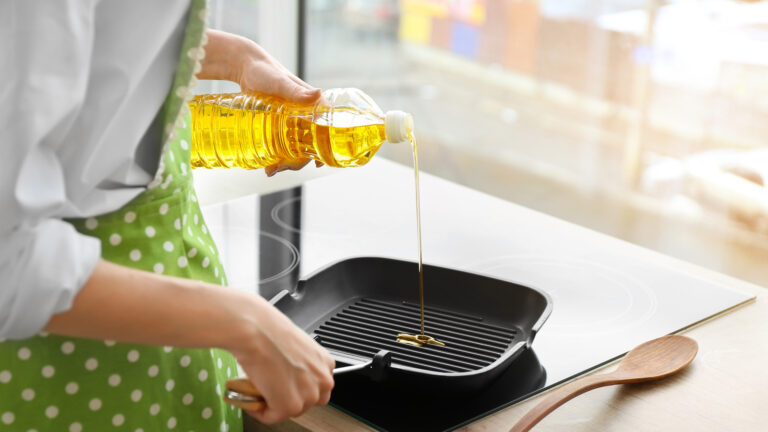
Collecting used cooking oil efficiently isn’t just about having containers – it’s about creating systems that work consistently without creating mess or safety hazards. Most Melbourne households and businesses start with good intentions but end up with leaky containers, oil spills, or inconsistent collection habits that defeat the purpose. efficient used cooking oil collection in Melbourne requires understanding the technical properties of different oils, proper storage methods, and timing your collection with the city’s disposal infrastructure to maximize convenience and minimize costs.
Container Selection Based on Oil Chemistry
Different cooking oils behave differently when they cool, which affects how you should store them. Coconut oil and palm oil solidify at room temperature, making them easier to scrape from pans but harder to pour from storage containers. Vegetable oils and olive oils stay liquid but can go rancid faster if not stored properly.
Use containers with wide mouths for solid oils – old yogurt tubs or ice cream containers work better than narrow-necked bottles. For liquid oils, repurpose plastic milk jugs or cooking oil bottles. Glass containers work well but add weight and breakage risk.
Avoid containers that previously held dairy products without thorough cleaning. Milk residue can cause faster spoilage and create unpleasant smells. Metal containers can react with acidic oils over time, so stick with food-grade plastic for long-term storage.
Temperature Management and Safety Protocols
Never pour hot oil directly into storage containers – this can melt plastic and create dangerous spills. Let oil cool to below 40°C before transferring. Hot oil also damages container seals and can cause rapid expansion that leads to overflow.
The cooling process affects oil quality too. Rapid cooling by refrigeration helps preserve oil for biodiesel conversion, while slow cooling allows impurities to settle for easier separation. If you’re storing oil for more than a week, refrigeration prevents rancidity that can make the oil unsuitable for recycling.
Keep a thermometer near your cooking area if you’re handling large quantities regularly. Commercial kitchens in Melbourne are required to cool oil below 60°C before disposal, and this same principle applies to efficient home collection.
Filtration and Contamination Prevention
Food particles in used oil cause several problems – they accelerate spoilage, attract pests, and can make the oil unsuitable for biodiesel conversion. Simple filtration makes a huge difference in oil quality and storage life.
Use mesh strainers or coffee filters to remove large particles before storage. For heavily contaminated oil from deep frying, let it settle for an hour then carefully pour off the clear oil, leaving sediment behind.
Don’t mix different types of oil in storage containers. Vegetable oil mixed with animal fats creates collection problems and reduces the value for recycling facilities. Keep separate containers for different oil types if you use variety in cooking.
Collection Timing and Scheduling
Melbourne’s council collection points are emptied on different schedules throughout the city. North Melbourne and CBD areas get serviced twice weekly, while outer suburban areas might only get weekly collection. Plan your storage capacity around these schedules.
Some collection services offer regular pickup for larger quantities. If you generate more than 20 litres monthly, scheduled pickup often costs less than individual drop-offs and saves you transportation time.
Winter storage requires different approaches than summer. Cold weather makes oils thicker and harder to pour, while hot weather accelerates spoilage. Adjust your collection frequency based on seasonal conditions.
Integration with Melbourne’s Collection Network
Melbourne City Council operates 15 permanent collection points, but their capacity and accessibility vary significantly. The Docklands facility can handle large quantities and is open extended hours, while smaller suburban points might fill up quickly during peak times.
Commercial collection services operate throughout Melbourne’s industrial areas. If you’re a business generating substantial quantities, direct pickup often provides better service than council facilities. Most commercial collectors pay for clean oil, which can offset collection costs.
Mobile collection events happen monthly in different suburbs. These are particularly useful if you don’t have regular transportation to permanent collection points. Sign up for council notifications to get advance notice of collection events in your area.